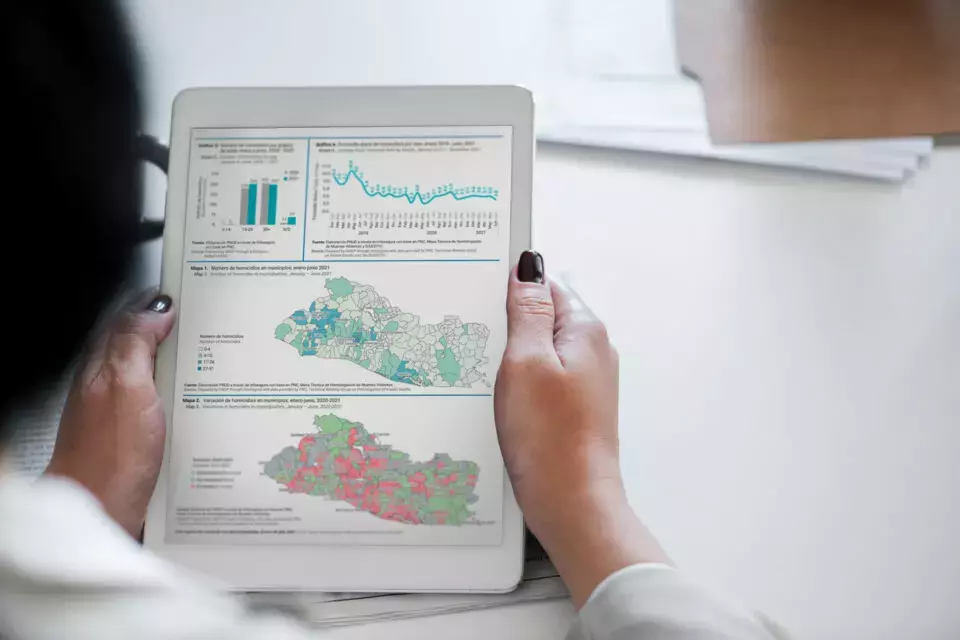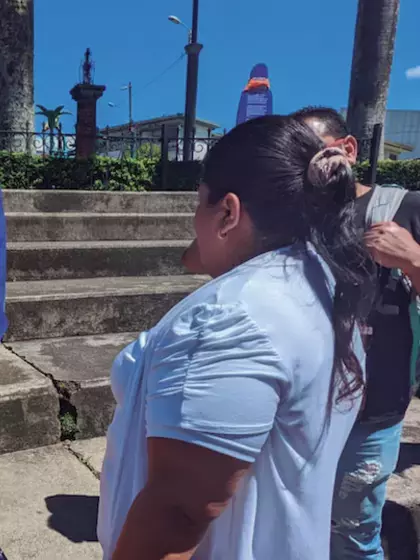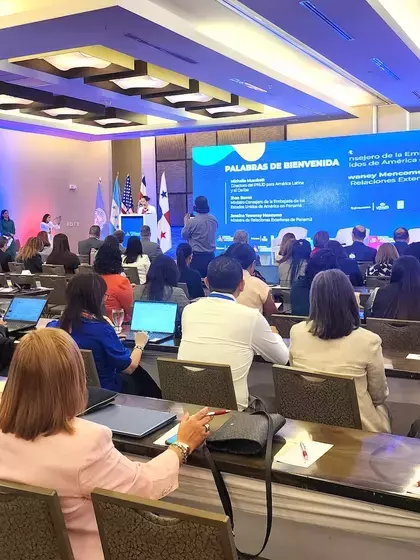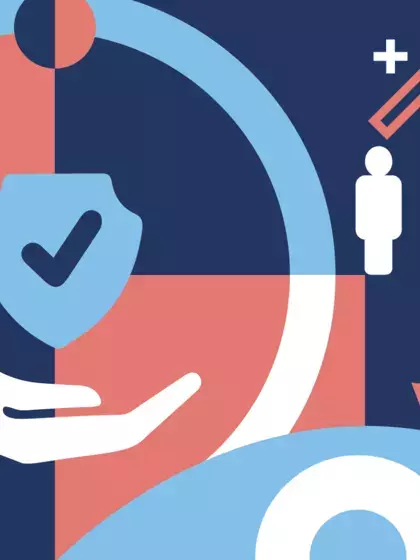People-centred innovation

In the Latin America and the Caribbean region, the levels of poverty and inequality run high. There is inequality not only in terms of the economics or property. It also affects variables like access to rights, and gaps in access to technology, education and the climate crisis. The Graph For Thought weblog underscores the deep digital divide in the region, where 69% of individuals use the Internet, just 41% of households have a computer and only 20% of jobs can be done from the home.
Further, the legacy of deep inequality in Latin America and the Caribbean has shifted with the emergence of COVID-19, a health crisis that became a crisis in governance. The pandemic forced countries to adjust institutional practices to a new normal, in many cases, with worthwhile experiences in innovation.
Innovation is an indispensable condition for any administrative process that seeks to introduce new, creative and effective ways to problem-solve issues, design processes and rethink methods for institutional organization. Several elements are required for innovation to become embedded in institutional architecture, such as, spaces for interinstitutional coordination and partnerships, as well as interoperability, which is indispensable for digital communication and for the exchange of information among public agencies, enabling the State to interact in a digital environment.
InfoSegura has worked with national partners creating conditions for innovation. In Honduras, a digitization process was set in motion at the Electronic Centre for Judicial Documentation (CEDIJ), by way of the Digital Judicial Statistics Information System. This was the outcome of a joint effort and participatory collaboration by the CEDIJ Statistics Unit, the InfoTechnology Directorship and the United Nations Development Programme team, through the InfoSegura Regional Project. This tool collects and keeps records of over 44 thousand legal files, improving data quality and the implementation and development of different justice mechanisms.
See the playlist with some of the tools developed by the project.
Also through InfoSegura, the UNDP has developed different interoperability platforms, notably the Integrated Information Management Platform (IIMP) for Citizen Security in Belize operated by the Belize Crime Observatory. This platform brings together information from key citizen security institutions in Belize in a powerful tool that enables real-time analysis to inform the design of agile and timely multidimensional solutions. In this sense, InfoSegura is making inroads into leveraging new tools, for instance, social media listening and artificial intelligence. The latter is currently in a pilot phase with a Chat Box on the issue of violence against women and girls in the Dominican Republic.





